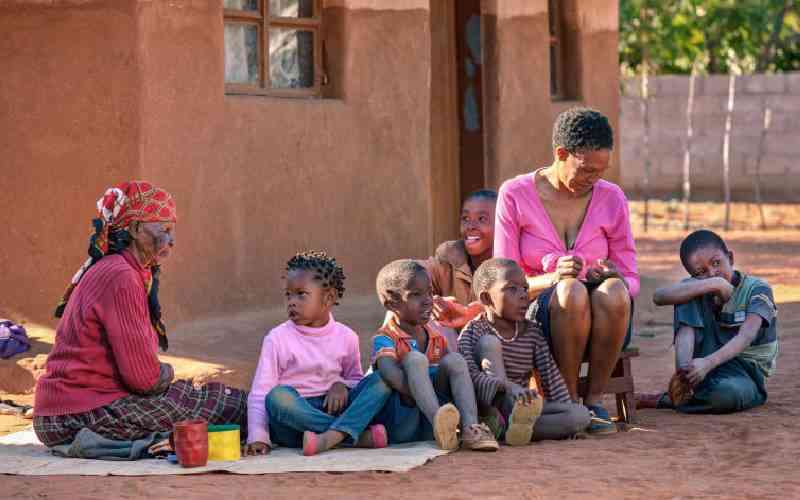
This year's International Women's Day theme is 'Invest in women: Accelerate progress'. While I am tempted to write about all the ways that women lack financial, institutional, political, and social support to progress compared to men, I choose to take a different approach.
At the heart of investing in women to accelerate progress is 'Utu'. Raised on the shoulders of strong, wise, initiative-driven and by all means ordinary African working women, I often find it frustrating that the African woman is portrayed as one that lacks strength, resilience, voice and agency to speak, do and be all that they want to be not just for themselves but for their families, communities and fellow women.